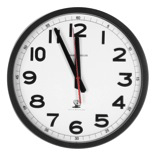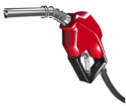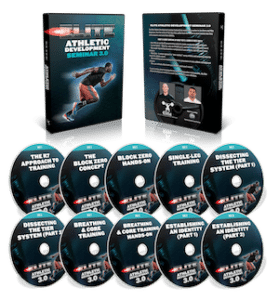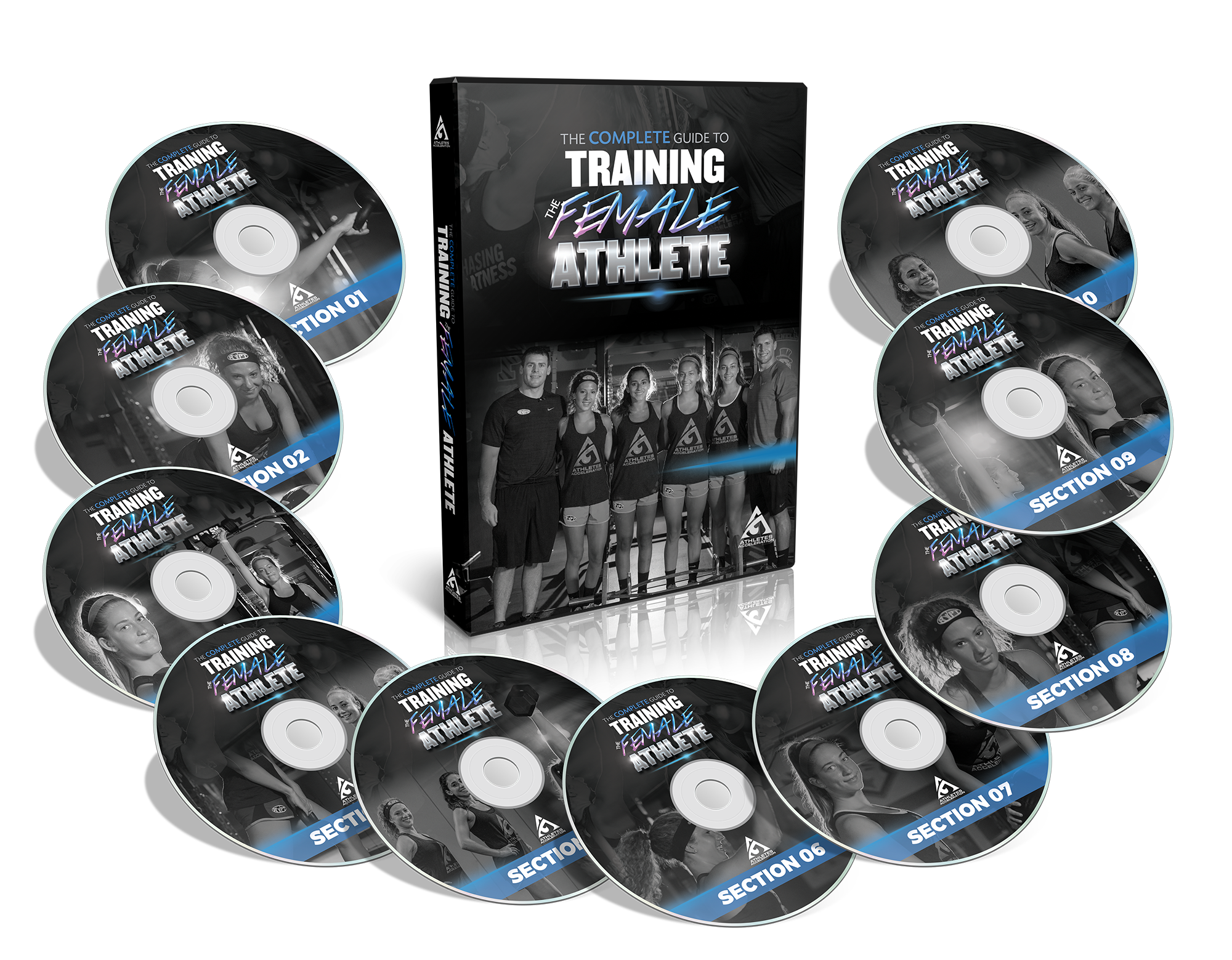Healthy Habits #1a
Why We Need to Eat Every 2-3 Hours
ADAM FEIT ISSA-SPN “The Practical Nutritionist”
Why do we always hear about eating “smaller meals” throughout the day instead of the traditional “3-square” meals per day? Because, as research and lifestyles have transitioned over the years, we have begun to see that food pyramid guidelines (originally set by the ADA in 1992) are completely wrong. Do we need fruits, vegetables, quality carbohydrates, meat and dairy every day? Yes, but we have begun to see that WHEN we eat may be more important than WHAT we eat.

I have used two analogies with my athletes when I am referring to our Healthy Habit #1: Eating every 2-3 hours. Depending on the body composition (whether the goal is to lose fat or gain lean body mass), we must approach the same issue from two different angles.
Analogy #1: Fuel for your fireplace

It’s a cold winter night. You’re watching a movie in a log cabin and you’re trying to stay warm. There is no thermostat, central air, or water boiler. You have to rely on an old-fashioned fireplace. So, what do you do? You load up the fireplace with some newspaper, a few pieces of kindling and a bunch of firewood, hoping it will ignite. Unfortunately, after a few unsuccessful attempts and a room full of smoke, you finally realize you that should put LESS wood in the fireplace so it has room to breathe and catch. Now, you’ve got a great fire roaring and everyone is happy.
Your coals become hot and you start throwing wood on the fire throughout the movie to keep it burning. However, you start to get lazy and would rather fill the fireplace up with wood once then once every few hours. The end result, a fireplace without a fire burning because it’s STUFFED and can’t BURN THE FUEL you put into it. The wood sits in the fireplace all night and doesn’t catch fire.
Now, how does this relate to eating? Simply put, if you put TOO MUCH FOOD into your body, you become stuffed. You are unable to eat for many, many hours and your body struggles to digest everything at once. Nutrients such as rapidly digesting carbohydrates and lean proteins (that are needed post-workout) are still sitting in your gut instead of replenishing your muscle tissue for growth and repair. This is what happens when you eat a few, LARGE meals throughout your day. You are starving by the next meal, so you make a bad decision and end up eating more than you should. If you are trying to lose body-fat, you can never tap into your fat stores because everything you put into your body automatically sits in storage because it’s too much. If you’re trying to gain lean muscle, you’re too stuffed to even think about eating again, thus causing you to stay in negative caloric balance.
So, how do you fix this issue? Eat MORE, SMALLER meals throughout the day. Much like a log burning in fire, if you throw one or two logs at a time, your fireplace (metabolism) will burn through the wood (food) quickly, but it will keep you warm for 2-3 hours at a time. The same holds true for body composition management. You should aim to keep your metabolism running high by eating enough food to fuel your activities for 2-3 hours at a time, not 2-3 days. Smaller and more frequent meals will ensure food is being utilized as fuel, not storage.
Analogy #2: Fuel for your gas tank

You’re headed out on a road trip. You’ve packed the bags, prepared your GPS for stops along the way, and got enough sunflower seeds to keep you awake when the yellow lines start appearing EVERYWHERE. Now all you’ve got left is to fuel your gas tank. Depending on your fuel efficiency, you may have many stops to refill or very few. Either way, you’re going to “FILL’ER UP” before you head out on the road. This is the same concept as the breakfast you should be eating every morning.
Now, what if you’re trying to lose body fat? Ideally, you would want to fuel your gas tank to last you a few hours, NOT the whole trip. There is NO reason why an offensive lineman with a body fat >30% needs to “carbohydrate load” for a half pads practice on Thursday. Nor should he bring extra snacks and multiple Gatorades for the 12 minutes he may see on Saturday. Point: If you’re trying to tap into the fat storage, you must give the body enough fuel to fully “burn off?” not “top off”. If we continue to top off our fuel tanks, we never give the body enough time to tap into the fat storage we need to get to, as described by Dr. Volek his bookTargeted Nutrition Tactics
What if you are trying to gain lean muscle? You still have to fuel your body every 2-3 hours, but without “topping off”. This will leave room for a desire to eat again within a few hours. The more nutrient and calorie dense food you can put into your tank, the more likely you will be in a calorie surplus and see a positive change in lean body mass.
Check back for our final article on Healthy Habit #1 as I go through exactly WHAT we need to eat every 2-3 hours and how we can relate it to our activity levels throughout the day to ensure maximum energy levels, fat loss and muscle gain.







